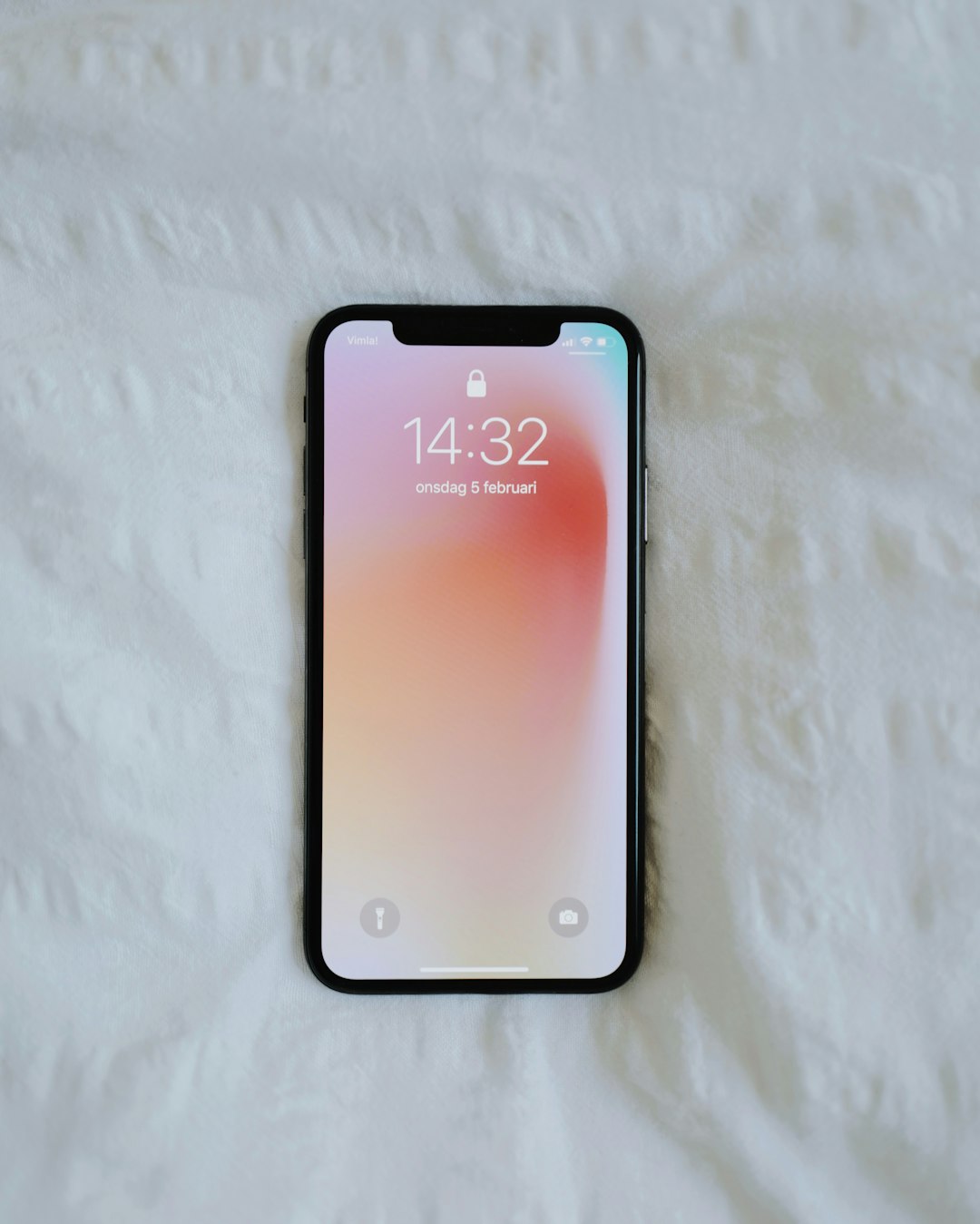In Georgia, strict Do Not Call laws protect residents from unwanted sales calls, heavily influenced by the Attorney General's Office. Businesses must obtain explicit consent, offer clear opt-outs, and maintain detailed records to comply. Engaging with local schools for education telemarketing requires effective communication strategies, aligned messages, regular meetings, and open dialogue. Consulting a lawyer for Do not call Georgia is crucial for navigating these regulations, avoiding fines, maintaining positive relations, and respecting privacy rights. Measuring success through KPIs like school contact, policy adoption, and engagement ensures programs' effectiveness.
Engaging with local schools on telemarketing education in Georgia requires a strategic approach, especially considering state-mandated Do Not Call laws. This comprehensive guide navigates key aspects, from understanding legal frameworks, like those enforced by a lawyer for Do not call Georgia, to building fruitful partnerships. We explore effective communication strategies, legal requirements every telemarketer must know, and methods to measure the success of school outreach programs. By adhering to these principles, educators can ensure impactful engagement while respecting privacy.
Understanding Georgia's Do Not Call Laws and Their Impact on Telemarketing

In Georgia, telemarketers must navigate a landscape governed by stringent Do Not Call laws, designed to protect residents from unwanted sales calls. These regulations have a significant impact on how businesses approach marketing strategies, especially when conducting telemarketing campaigns in this state. Understanding and adhering to these rules is crucial for any company aiming to avoid legal repercussions and maintain positive consumer relations.
Georgia’s Do Not Call laws are enforced by the Georgia Attorney General’s Office, which takes complaints seriously. A violation can result in fines and other penalties. To ensure compliance, telemarketing companies should employ strategies such as obtaining explicit consent from callers, providing clear opt-out options, and maintaining comprehensive records of consumer preferences. Engaging with local schools and community organizations on educational initiatives about these laws can also foster a better understanding among residents, ultimately strengthening the effectiveness of marketing efforts while respecting individual privacy rights. Seeking guidance from a lawyer for Do not call Georgia is advisable to stay informed and compliant.
Building Relationships: Effective Communication Strategies for School Partnerships

Building strong relationships is essential when collaborating with local schools, especially in the context of telemarketing education and navigating the Do Not Call laws of Georgia. Effective communication strategies are key to fostering successful partnerships. A lawyer specializing in Do Not Call Georgia regulations can provide invaluable guidance on ensuring compliance during outreach efforts.
When engaging with school administrators and educators, clear and respectful communication is paramount. Understanding their perspectives and actively listening to their concerns demonstrates a commitment to collaboration. Tailoring your message to align with the school’s mission and values creates a foundation for a mutually beneficial partnership. Regularly scheduled meetings and open dialogue allow for addressing any issues or questions that may arise, fostering an environment of trust and cooperation.
Navigating Legal Requirements: What Every Telemarketer Needs to Know

In Georgia, telemarketers must adhere to strict legal requirements, particularly concerning compliance with the state’s “Do Not Call” list. Navigating these regulations is crucial for any business engaged in telemarketing activities. One of the primary steps is to hire a lawyer specializing in Georgia’s Do Not Call laws to ensure full understanding and adherence. This legal expert can provide guidance on how to avoid contacting registered numbers, helping businesses stay compliant and minimize potential fines.
Additionally, telemarketers should be aware of the specific rules regarding caller ID, disclosure of information, and opt-out requests. Failure to comply with these regulations can result in legal repercussions. Therefore, consulting a lawyer for Do Not Call Georgia laws is an essential step for any organization looking to engage effectively while staying within the legal framework.
Measuring Success: Evaluating the Effectiveness of Your School Outreach Programs

Measuring success is a vital aspect of evaluating the effectiveness of your school outreach programs designed to educate about telemarketing laws in Georgia. As a lawyer specializing in Do Not Call Georgia regulations, it’s crucial to track key performance indicators (KPIs) that demonstrate the impact and reach of these initiatives. This might include gauging the number of schools contacted, the percentage that have implemented or expressed interest in implementing do-not-call policies, and the level of student and faculty engagement with the topic.
Regular assessments will help identify areas for improvement and ensure your programs are making a tangible difference. By analyzing survey responses, attendance rates at educational sessions, and follow-up interactions, you can tailor future strategies to better suit the needs and challenges faced by local schools in Georgia.






